Top 10 industries hit by climate change
|
|
The Wine industry
Grapes grow best in Mediterranean-style climates, which are relatively rare. California, Chile, France and Spain owe their position as wine-production centers to their climate. Climatologists warn rising temperatures could bring disaster to wine growing areas. Global warming will bring about changes to insect populations, flooding and soil erosion. As hot days increase grape quality and output will fall.
|
|
Fishing industry
Global warming will seriously affect the fishing industry. Carbon dioxide in the air will acidize sea water and rising sea levels will change the ecology of the fishing grounds. Cold water fish such as salmon will be badly affected by warm water currents. The prospects for the fishing industry are very worrying.
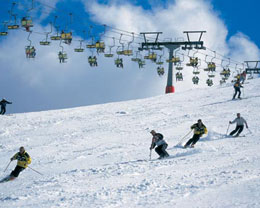 |
Holiday resorts
Without snow there can be no winter sports. The ski slopes in the Utah winter sports have not so far been affected too badly. But climate scientists predict most of the snow in the park will soon disappear. John Cummin, the owner of the park, is preparing for the worst. John is a strong advocate of cutting energy consumption to reduce emissions and slow down global warming.
|
|
Tourism
The carbon dioxide emitted by aircraft and other means of transport is speeding up global warming and global warming is in turn affecting tourist destinations, creating a vicious circle. People travel to the icy seas of northern Japan to watch the marine wildlife there, such as dolphins and eagles. But as the ice recedes, those who make their living from tourism are becoming very worried. Global warming is a real threat to many scenic spots. Many of the locals even stand to lose their homes due to the effects of global warming.
 |
The Insurance Industry
According to a report issued by Lloyds of London, climate change will have a huge impact on the insurance industry. The report says global warming will cause natural catastrophes and loss of life, causing payouts and premiums to rise. Insurance companies are paying great attention to the rise in sea levels, severe droughts and hurricanes that may result from climate change.
|
|
Forestry
Arid weather and higher temperatures mean more forest fires. But scientists say the increase of forest coverage is good to slow the global warming process because the leaves of the trees are able to assimilate carbon dioxide and release oxygen.
|
|
Mining
Global warming is bound to have a huge effect on mining as governments sign up to agreements to cut the carbon emissions. Coal mining in particular will become an industry under threat. The industry will suffer not just from increased regulation but also from the direct effects of climate change. Canadian mine owners are worried melting Arctic ice will make the roads from mining areas impassable. In 2002, a forest fire in Utah halted mining in the area.
|
|
Livestock farming
Eating less meat can help slow global warming. According to the UN Food and Agriculture Association, 18 percent of world emissions come from livestock farming in large part from the methane stomach gases of cows. If people are persuaded to eat less meat, the industry will suffer.
|
|
Energy
Faced with global warming, the energy industry is being forced to innovate. Carbon-neutral biological alternatives to fossil fuels are already in widespread use. Over time, wind turbines and solar panels may become the dominant generators of power. The nuclear industry is also set for a major expansion. Carbon fuel plants that continue to operate will be forced to respect strict emissions limits.
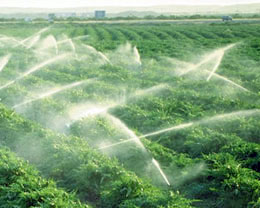 |
The Water Industry
Water shortages are already a major issue in many regions and global warming is set to exacerbate existing problems. Industry costs will rise as the demand for tighter control and monitoring of water usage grows. Waste of water in agriculture is a major concern. "Figures show that our use of water is not sustainable and that 80 percent of abstracted water goes to agriculture," says Daniel Villesot, former head of the EU's water industry lobby.
 0 Comments
0 Comments




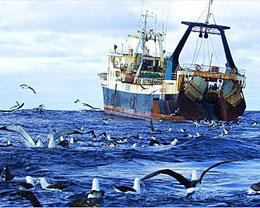

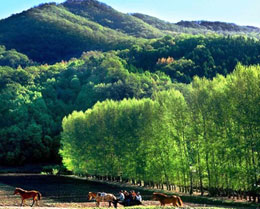


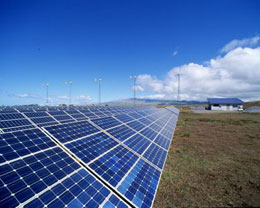




Comments